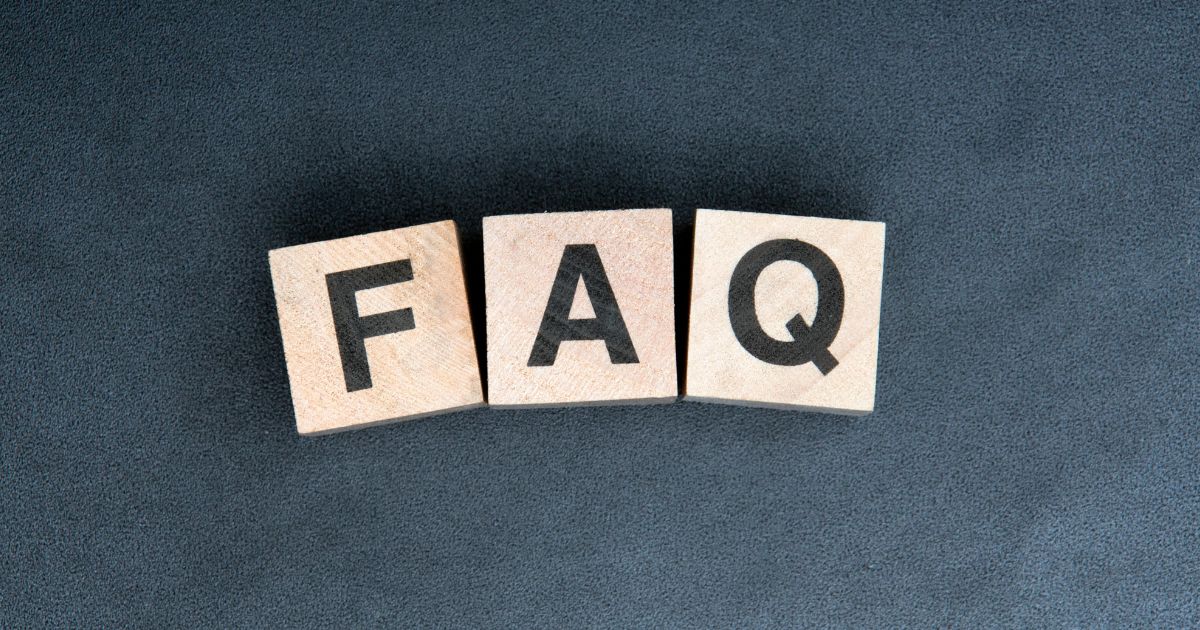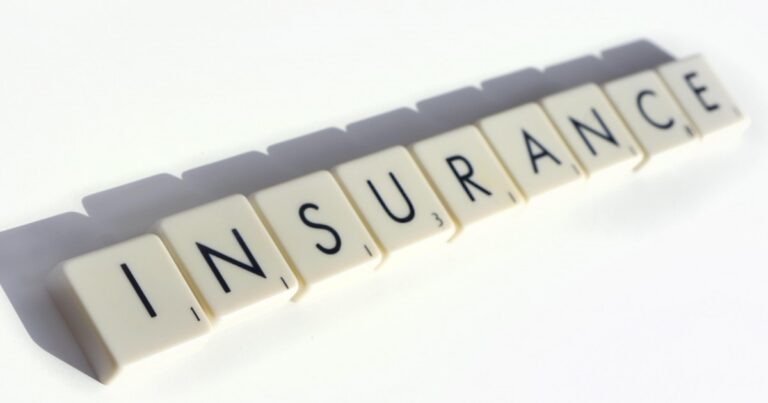Comprehensive Insurance FAQ: What Questions Are Readers Asking?
The Insurance FAQ is crucial. Insurance is one of those things we all know we need but often find confusing. Between the fine print, the endless policy options, and the claims process, it can feel overwhelming. Yet insurance plays a crucial role in protecting our finances, health, and future. To clear up the confusion, here is a detailed FAQ that breaks down the most common questions about insurance in simple, straightforward language. Whether you are buying your first policy, trying to understand premiums, or figuring out how claims work, this guide will give you the clarity you need.
General Basics
1. What is insurance, and why is it necessary?
Insurance protects you financially against risks like accidents, illness, or loss. Without it, you would carry the full burden of these costs on your own, which could be overwhelming.
2. How does an insurance policy actually work?
You pay regular premiums to an insurer. When a covered event happens, the insurer pays part or all of the expenses based on the policy terms and limits.
3. What is the difference between insurance and assurance?
Insurance covers uncertain events like car accidents, while assurance usually refers to coverage for certain events, such as death in life assurance.
4. What is underwriting in insurance?
Underwriting is the process where insurers evaluate your risk profile, such as your health, age, and occupation, to decide on coverage and premiums.
5. Can I be denied insurance coverage?
Yes, insurers may deny coverage if they find you too high-risk. However, specialized or high-risk policies may still be available.
Premiums and Policy Costs
6. What factors affect the cost of insurance premiums?
Premiums depend on several factors, including your age, health condition, job, lifestyle choices like smoking, claim history, the type of insurance, and even your location.
7. What is a deductible in insurance?
A deductible is the amount you pay out of your own pocket before the insurance company pays the rest of the claim. Higher deductibles usually mean lower premiums.
8. What is a waiting period in insurance?
It is the time you must wait before certain benefits can be claimed. For example, maternity coverage in health insurance often has a waiting period.
9. How does inflation affect insurance coverage?
If your coverage does not adjust for inflation, your policy may not cover the full cost of future expenses, leaving you underinsured.
10. Do I get money back if I never make a claim?
Most policies do not return money unless you buy a special return-of-premium plan or receive a no-claim bonus in certain types of policies.
Policy Features and Add-ons
11. What are riders or endorsements in insurance?
Riders are add-ons that let you customize your policy. Examples include critical illness riders for life insurance or roadside assistance in auto insurance.
12. What is group insurance?
Group insurance is coverage offered to a group of people, often employees of a company. It is usually more affordable but less flexible than individual plans.
13. Is it possible to transfer an insurance policy?
Some policies, such as auto insurance, can be transferred when selling a vehicle. Most life and health insurance policies cannot be transferred.
14. What is reinsurance?
Reinsurance is when insurers themselves buy insurance to reduce their exposure to large risks, such as natural disasters or massive claims.
Claims and Settlements
15. What is the claim settlement ratio, and why does it matter?
It shows the percentage of claims an insurer pays compared to the number filed. A higher ratio means the insurer is more reliable when it comes to paying claims.
16. How long does it take for an insurance claim to be processed?
Processing time varies. Simple claims can be settled in a few days, while complex ones may take weeks or months.
17. Can I dispute a denied insurance claim?
Yes, you can appeal a denial by providing additional evidence or taking your case to a regulatory authority or the courts.
18. What is subrogation in insurance?
Subrogation means that after paying your claim, the insurer has the right to recover the amount from a third party that caused the loss.
19. How can I improve my chances of a smooth claim settlement?
File the claim quickly, keep all documentation organized, provide accurate details, follow the insurer’s process closely, and know what your policy covers.
Types of Coverage
20. What is the difference between comprehensive and third-party insurance?
Comprehensive insurance covers both your losses and damages to others. Third-party insurance only covers damages or injuries you cause to others.
21. Do insurance policies cover natural disasters?
Not always. Many standard policies exclude floods, earthquakes, or hurricanes unless you buy additional coverage.
22. Can I have multiple health or life insurance policies?
Yes, you can. Health claims can be split between insurers under coordination of benefits, and life insurance payouts from different policies are combined.
Risks, Rules, and Misconceptions
23. How do insurance companies make money?
Insurers collect premiums and invest them. Since not all policyholders make claims, they profit from both the premiums and the investment returns.
24. What happens if I lie or hide information on my insurance application?
This can lead to claim denial, cancellation of the policy, or even legal consequences if fraud is proven.
25. What are the most common mistakes people make when buying insurance?
Many people buy the cheapest plan without reviewing coverage, ignore exclusions, underinsure themselves, fail to update their policy as life changes, or provide incomplete information.
Conclusion
Insurance can seem complicated, but at its core it is about financial protection and peace of mind. By understanding how policies work, what influences premiums, and how claims are processed, you put yourself in a stronger position to make smart decisions. The more informed you are, the less likely you are to be caught off guard when life takes an unexpected turn. Treat your policy as a living document, review it regularly, and do not hesitate to ask questions before you buy. The right insurance is not just a safety net; it is a tool that helps you plan confidently for the future.





